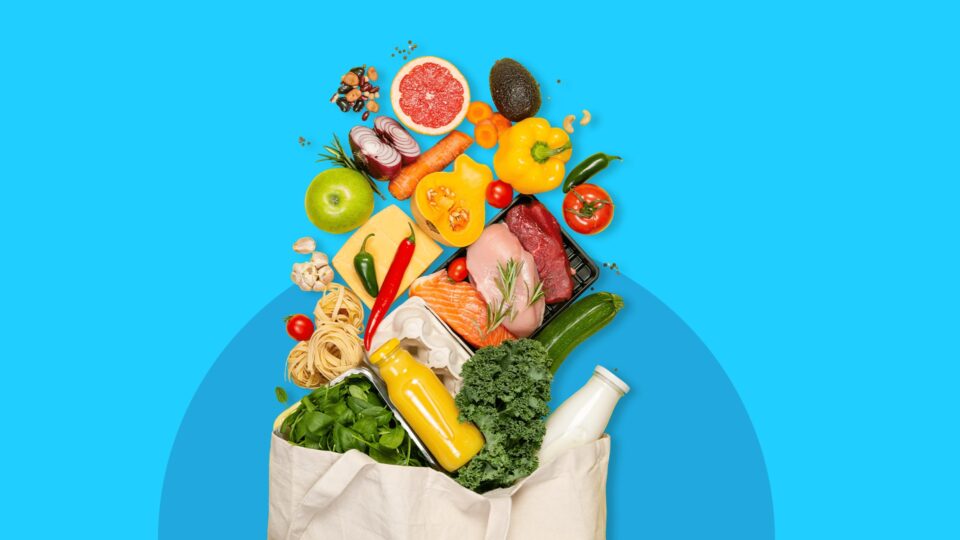What you eat can affect how well your medicine works for your hypothyroidism, which can be challenging to manage. The body’s capacity to absorb the replacement hormones you might take as part of your thyroid treatment can be hampered by certain foods and nutrients that significantly impact the thyroid glands’ function.
Whether you have a medical condition affecting your thyroid function, you can choose the best foods for your thyroid health. When you have hypothyroidism, cutting out gluten, processed foods, and other things that might boost your immune system or create inflammation may be beneficial. You can go with thyroid problem treatment when the condition worsens, as the doctor advises. Here, you will learn about the foods you need to avoid when having the disease:
Foods Containing Soy, Such as Edamame, Tofu, and Miso
The possibility of specific soy components, known as flavones, having harmful effects on the thyroid has long been of concern. According to some researchers, a person’s risk of hypothyroidism may rise if they consume too much soy. But according to a study that appeared in Scientific Reports, soy has no impact on thyroid hormones and very slightly elevates levels of thyroid-stimulating hormone.
Therefore, there are no precise dietary recommendations; however, some studies indicate that soy consumption may impair your ability to absorb thyroid medication. Because of this, you may delay taking your regular dose for four hours after consuming soy-based foods. The best you can do is found out what is best for you with the help of your doctor’s advice. Sometimes the doctors may advise you to undergo thyroid problem treatment, but you should follow it properly.
Goitrogens
You may be aware that goitrogens, which are present in foods like soy products and cruciferous vegetables and may interfere with the production of thyroid hormones, should be avoided by those with thyroid disorders.
Goitrogens have the potential to affect thyroid function. Still, most people, including those with hypothyroidism, can consume small amounts of goitrogen-rich foods like kale, broccoli, and cabbage without experiencing any harmful effects on their thyroid health.
The amount of goitrogens in cruciferous vegetables like kale and broccoli is minimal. Additionally, heating goitrogen-containing meals decreases their goitrogenic activity and makes them safer for hypothyroidism sufferers.
Gluten
According to research on gluten, those with celiac disease are more likely than those without it to have autoimmune thyroid illness, such as Graves’ disease. The cause of this is unclear. However, genetics might be involved. Additionally, autoimmune conditions other than celiac disease can increase the risk of developing in people with celiac disease.
Due to gluten consumption, people with celiac disease experience minor intestine damage. Wheat, barley, rye, and oats all contain the protein called gluten. Some studies show that eating without gluten may help the intestine absorb thyroid drugs and reduce inflammation.
Bottom line:
To become healthy, a proper diet is always like steroids. If you suffer from thyroid, you should avoid above mentioned foods to cut off the thyroid triggers. Similarly, to stay away from skin disorders, you can maintain a proper diet.

